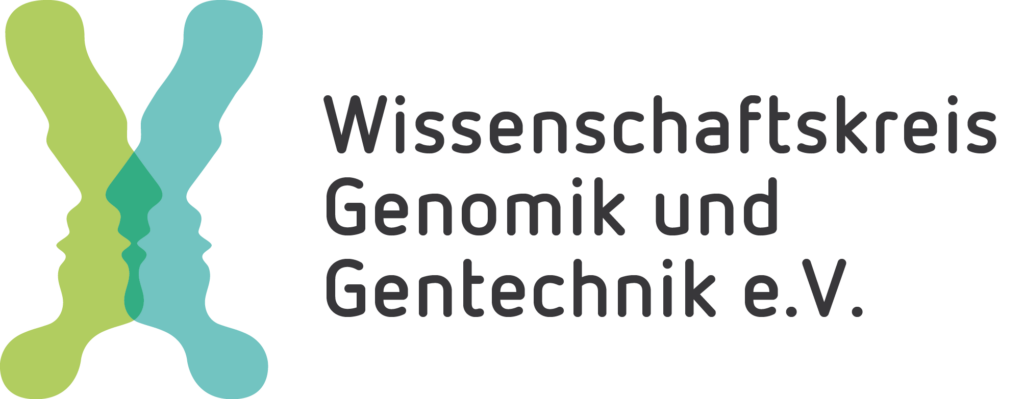



Copyright © 2026 · Alle Rechte vorbehalten. · Genome Editing INFOTHEK
Gemeinnützige Website von GivingPress · RSS-Feed · Anmelden
| Cookie | Dauer | Beschreibung |
|---|---|---|
| cookielawinfo-checkbox-analytics | 11 months | This cookie is set by GDPR Cookie Consent plugin. The cookie is used to store the user consent for the cookies in the category "Analytics". |
| cookielawinfo-checkbox-functional | 11 months | The cookie is set by GDPR cookie consent to record the user consent for the cookies in the category "Functional". |
| cookielawinfo-checkbox-necessary | 11 months | This cookie is set by GDPR Cookie Consent plugin. The cookies is used to store the user consent for the cookies in the category "Necessary". |
| cookielawinfo-checkbox-others | 11 months | This cookie is set by GDPR Cookie Consent plugin. The cookie is used to store the user consent for the cookies in the category "Other. |
| cookielawinfo-checkbox-performance | 11 months | This cookie is set by GDPR Cookie Consent plugin. The cookie is used to store the user consent for the cookies in the category "Performance". |
| viewed_cookie_policy | 11 months | The cookie is set by the GDPR Cookie Consent plugin and is used to store whether or not user has consented to the use of cookies. It does not store any personal data. |
Erstellt am 18. Juli 2024 von sas
Neue Züchtungstechniken: Für Ethiken der Innovation und des Kompromisses
Ethiker und Theologen der LMU München haben Modelle erarbeitet, die die Akzeptanz der Genom-Editierung weiterlesen bei bioökonomie.de
Kategorie: Meinungen+Meldungen, News/Allgemein, Politik, Wissenschaft
UPDATE